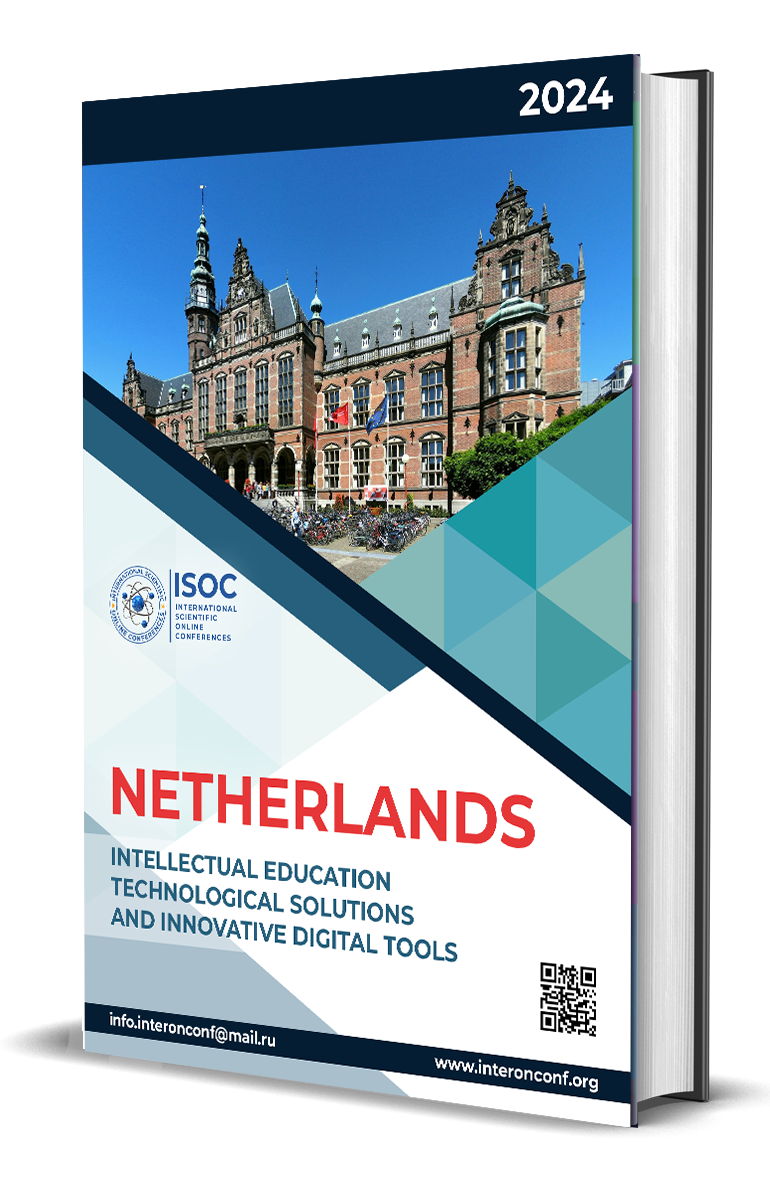THE MYTHOLOGICAL LANGUAGE NEXUS: A COMPARATIVE ANALYSIS OF LINGUISTIC PHENOMENA IN ENGLISH AND UZBEK CULTURES
Keywords:
Linguistic phenomenon, phenome, language, civilization, humanities, phonetics, vocabulary, semantics, folk culture, human worldview, individual, self-realization and self-understanding.Abstract
This article is devoted to the study of linguistic phenomena, helping linguists to better understand the structure of language and its development. It also helps develop new language teaching methods and create dictionaries. However, language is at the same time autonomous in relation to culture as a whole, and it can be considered separately from culture or in comparison with culture as an equivalent and equal phenomenon.
References
Maslova, V. A. Linguoculturology / V. A. Maslova. - M., 2004. - 204 p.
Umarkhodzhaev, M. I. Fundamentals of phraseography / M. I. Umarkhodzhaev. - T., 1983. - 144 p.
Shmeleva T. M. Noun polystandards in English stable comparisons / T. M. Shmeleva // Current problems of psycholinguistics. - Tver, 1996.
W. Humboldt “Language and Philosophy of Culture”. M., 1985. p. 168
Kalmykov, G. E. Phraseological birliklar etymology sining cognitive aspects. - 2014. - No. 5. - B. 3-41.
Smith, W. Y. The Oxford Dictionary of English provers / W. Y. Smith. - Oxford, 1936.
Rasulov, Z. I. (2023). THE NOTION OF NON-EQUIVALENT WORDS AND REALIAS IN ENGLISH AND UZBEK LANGUAGES. Finland International Scientific Journal of Education, Social Science & Humanities, 11(6), 35-40.
Izomovich, R. Z., & Sadriddinovna, R. K. (2023, May). THE IMPORTANCE OF CULTURAL AWARENESS IN ENGLISH LANGUAGE TEACHING. In Integration Conference on Integration of Pragmalinguistics, Functional Translation Studies and Language Teaching Processes (pp. 315-317).





